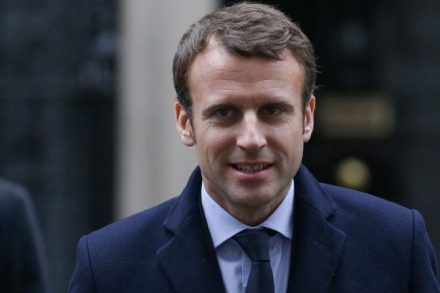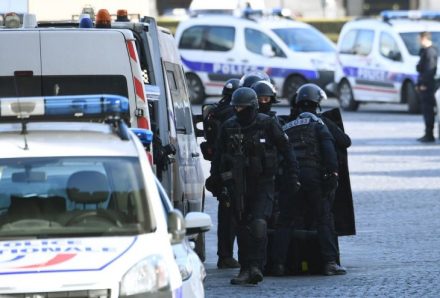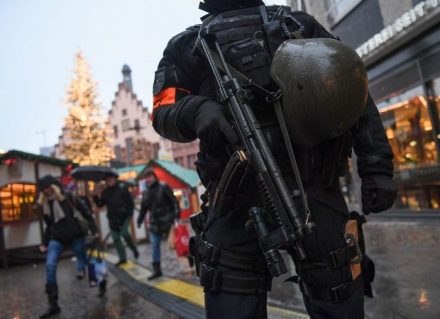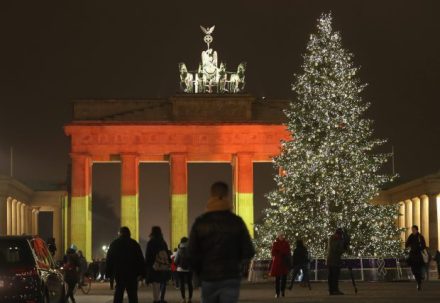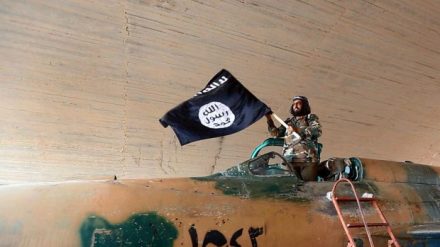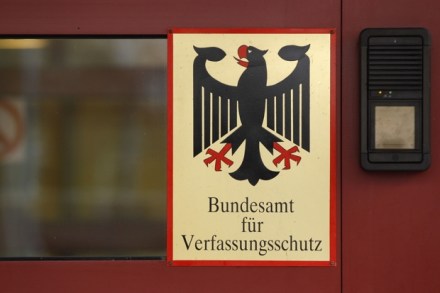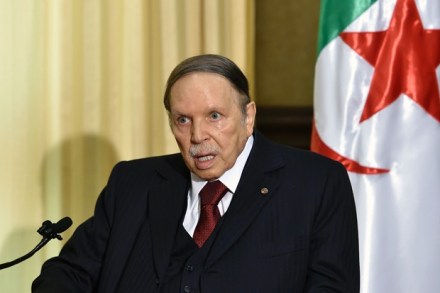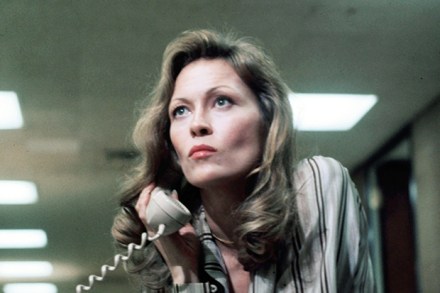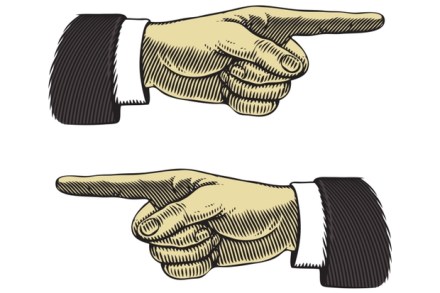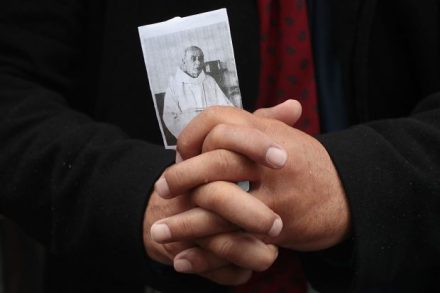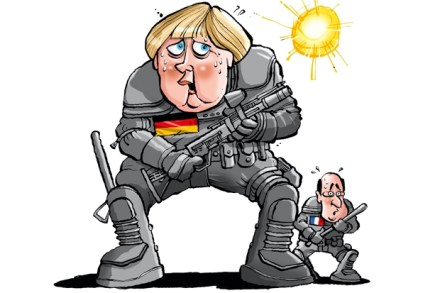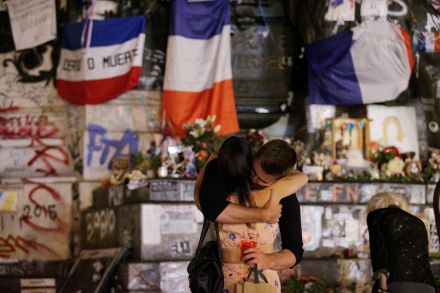Emmanuel Macron’s idyllic vision of France is a myth
As Emmanuel Macron stood on the steps of Downing Street on Tuesday urging Britain’s ‘banks, talents, researchers, academics’ to move across the Channel after Brexit, security services in France were dismantling yet another Islamic terror cell preparing to launch a terrorist attack. That makes three this month, a clear indication that the Islamists are itching to carry out a major attack in the run-up to April’s presidential election. Tuesday’s police raid targeted addresses in Clermont, Marseille and the Paris area. ‘The suspects had a plot that was sufficiently advanced for the police to decide to arrest them’, said a police spokesman. According to the French media, police had been monitoring the suspects’ text
